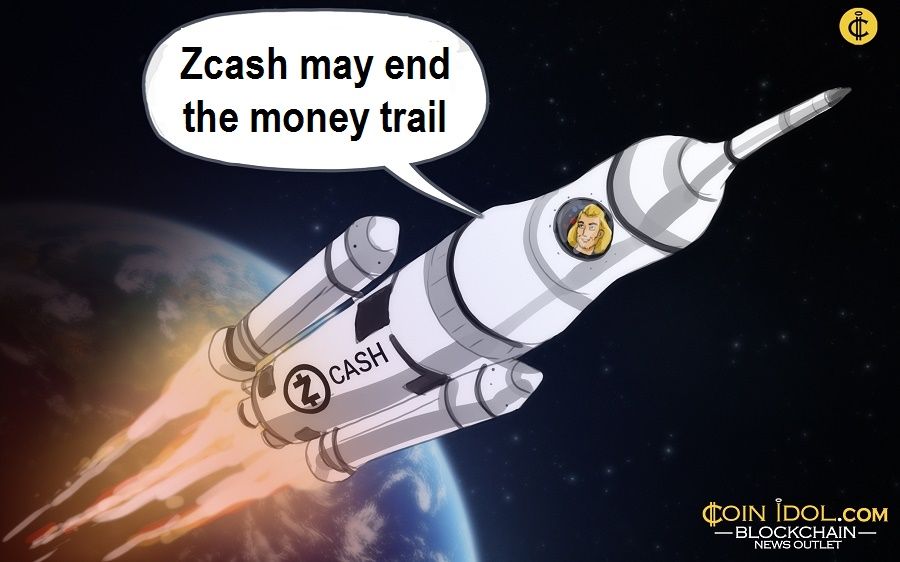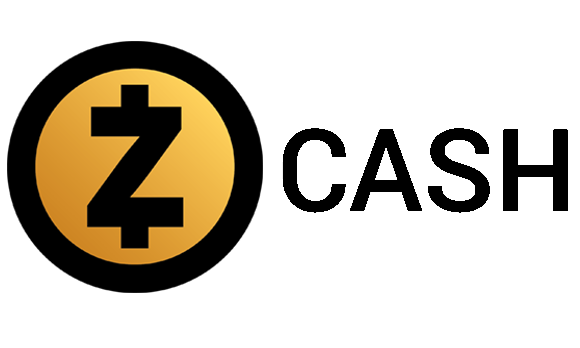Zcash May End The Money Trail
Updated: Jul 21, 2020 at 21:04

Zcash, a decentralized and open-source cryptocurrency that has complete anonymity on the blockchain, is causing a lot of worries within law enforcement as most agencies think it will harbour illicit transactions.
A US state prosecutor, Kathryn Haun, expressed skepticism regarding claims of the full anonymity of Zcash, emphasizing that if it works as advertised then it would make the prosecutor’s job “a lot more difficult”. Criminals want to be paid, Haun stated in a
news interview, therefore agents follow the money, but:
“If we all the sudden omit an entire source of evidence historically available, that will make our job a lot more difficult, definitely.”
Although the prosecutor wonders whether Zcash would work as advertised, she states that it is not a question of if we will have anonymous money, but when, as technology is advancing. While Haun stated that she endorses privacy and private transactions, common core features of anonymizing software or cryptocurrencies, she added: It’s obviously the case that a large number of criminals will be using and gravitating towards that form of technology [anonymous currencies]. At what point are you, as a developer, comfortable that your technology is being used for more harm than good?
Is it possible to be too anonymous?
Cryptocurrencies are built to hold some degree of anonymity. Some cryptocurrencies are more anonymous than others depending on the cryptocurrency that one is using.
Harald Korneliussen, a Java Developer at
Inmarsat, a data communication company,
said to Quora about the possibility of a total anonymity for a cryptocurrency like bitcoin:
“Whenever you exchange money for a service, unless the service itself is of a purely mathematical nature, it’s possible to get stiffed. You can pay and not get the service, or you can get the service and not pay. If both parties are 100% anonymous, there’s absolutely no downside to stiffing the other party, for both parties.So you can build a pseudonymous identity, or you can rely on an intermediary who knows/trusts both you and your counterparty. The first approach has a cold start problem (sure, you can build trust after people see you’re reliable, but why would you even get the chance to prove that?) and the second is 1. giving up anonymity, and 2. The intermediary will have the same problem.”
The problem with being totally anonymous
Meanwhile, anonymity and untraceability excites many cryptocurrency users and enthusiasts that might just be the case with central government and law enforcement agencies. In an attempt to crack crime, the security agencies look at the possibility of sealing loopholes through which funding gets into the hands of criminals. The best shot of a money wiring line for illegal activities today might just be cryptos.
Coinidol.com spoke with
Jamie Burke, the founder at
Blockchain angels, a blockchain education and business platform on what he thinks are the possible problems with a totally anonymous cryptocurrency. He replied:
“The question is why would you want transactions to be entirely untraceable? Almost always the answer is for a libertarian purpose, therefore this is only something that can ever sit outside of any taxed or regulated [market,] or even one that requires basic elements of provenance, accountability and auditability. None of these are markets I am interested in.”
What will law enforcement think of Z-cash?
Definitely, the government and security agencies are not too excited about transactions that can be successfully hidden using the Zcash anonymity features. Benjamin Bender, a retired St Louis Metropolitan Police detective, commented at Quora on how the security agencies could think of Zcash,
“People have been trying to hide money from the Government for tax and criminal reasons since money was created and people were trading with shells and beads. Every time the prey developed a new defense the predator develops new techniques to overcome the new defense. Neither has the upper hand long….but Law Enforcement only needs to be right 1 time to get you. You need to be right every day to win forever. Thus, in the end, it’s just like everything else. They think… “what is that and how can we trace, track, surveil and enforce the law.”
Price
Price
News
News
Price


(0 comments)